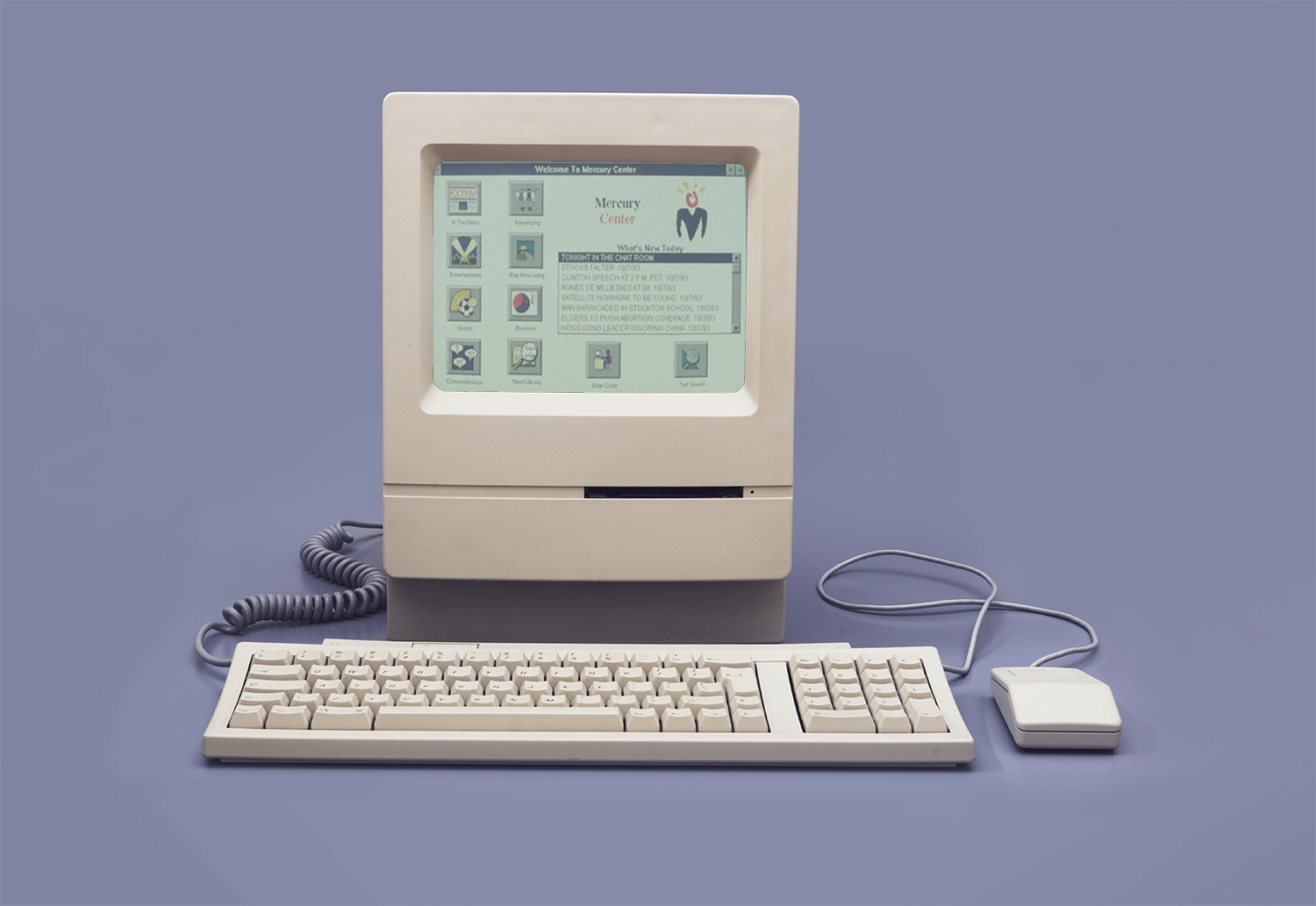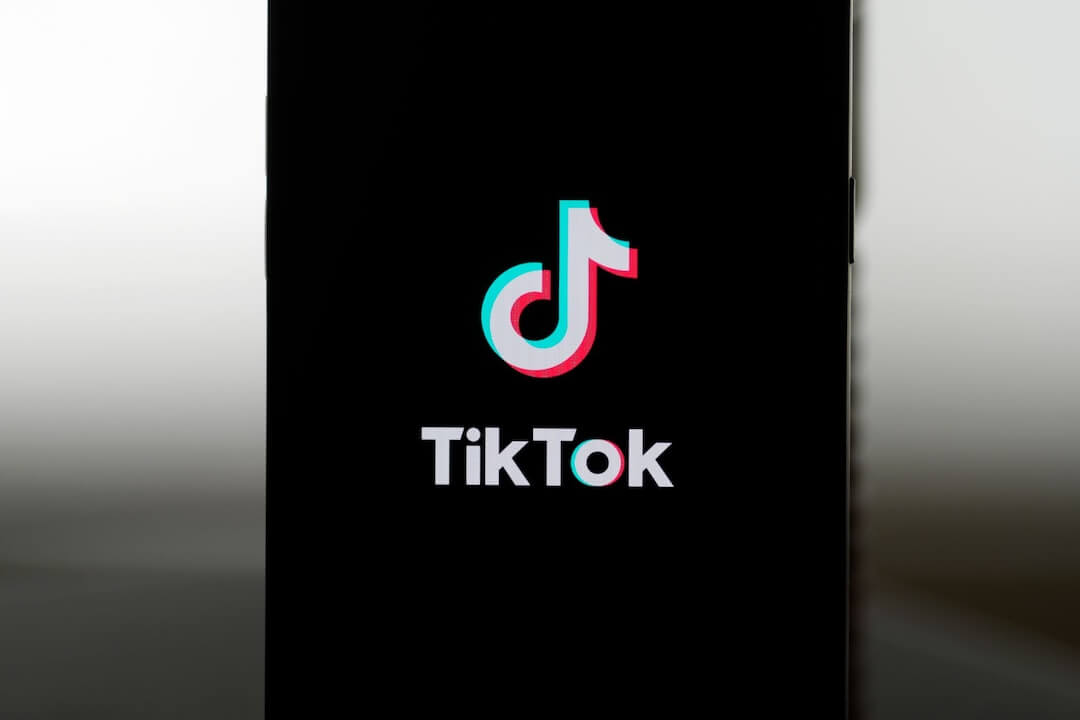Fusion announced the first class of fellows in the Rise Up: Be Heard fellowship program on Wednesday. The 14 fellows are both journalists and community activists who will be mentored by Fusion journalists and execs in a six-month program. Their reporting will focus on a number of issues around social justice, including homelessness, health care for undocumented immigrants and income inequality.
The first class of fellows will be mentored by Fusion journalists, including Anna Holmes, Jorge Rivas and Kimberly Brooks. Poynter spoke via email with Jacob Simas, project manager and editor of the fellowship program.
To start, tell us about this program and how it got started.
Rise Up: Be Heard came about through a partnership between Fusion and The California Endowment, a foundation working to improve health outcomes in California’s most vulnerable and underserved areas. The foundation was interested in raising awareness around community health issues by amplifying the voices of young people in areas that are most impacted — essentially having them report on issues that they are already connected to and care about because of their own lived experiences, or the experiences of those around them.
For Fusion, it was an amazing opportunity to engage with and train a new generation of reporters who essentially mirror our target audience — young, diverse, and socially conscious — while at the same time unearthing some very important and impactful stories in communities that we might not have had access to otherwise.
What were you looking for in you first class of fellows?
For our inaugural group, we were looking at a combination of qualities. Of course, we knew we wanted diversity in terms of ethnicity and geography, as well as diversity of life experience and reporting interests. Gender balance was also key, and I think we definitely succeeded on all of those fronts.
But perhaps most importantly, we wanted to engage with young people who were in a sense activated politically, who were aware of the challenges facing their community, and passionate about using media and journalism as a tool to inform and create positive change. While our fellows have varying degrees of experience with the news media — some have worked for school newspapers, some have worked for local community media centers, and others have no media experience at all — the common thread that ties them together is that passion they bring for bettering the lives of the people around them.
The purpose of this is to train new journalists and community activists, right? Those two groups aren’t often included together. Why is that the case here, and what does that look like?
It’s true, the words journalism and advocacy, or activism, don’t usually appear together. It’s also true that our group is comprised of both — there are fellows who describe themselves as journalists, and others who identify as activists or community advocates. In a way, I believe part of what makes Rise Up: Be Heard unique is that we’re exploring that relationship between the two. What’s exciting is that we’re willing to step out and acknowledge that as reporters we can bring a valuable perspective and understanding to the issues, as members of the very communities we report on. These fellows have a stake in the issues, but that doesn’t mean their reporting needs to be compromised. In fact, maybe it means the stakes are even higher for getting the story right — for making sure the voices that need to be heard are being heard.
That being said, it’s also important to distinguish the difference between what I would call “messaging” and journalism. Messaging assumes a position from the get-go and attempts to persuade. Journalism above all else needs to be fair, and open to all possibilities — not being afraid to explore the nuances of an issue, in order to really understand what’s happening. The latter is what this fellowship is about, and in the end I think that kind of honesty is the best tool for advocating about what’s right.
What audience do you hope to reach with their work, and how will you do that?
On the one hand, I think the stories will find an audience with other young people who care about these issues, or who are living in communities where they can relate to the topics our fellows are reporting on — whether those are issues impacting the undocumented population, or concerns around the criminal justice system and police relations, or environmental pollution that adversely impacts certain neighborhoods.
On the other hand, we’re hoping to reach people in power — influencers whose decisions directly affect the communities we’re reporting about. Because at the end of the day this is about shining a light on issues, hopefully highlighting solutions, and creating some momentum for change.
I expect the fellows will learn a lot from mentorship at Fusion, but what do you think journalists at Fusion will get from this experience?
We’ve assembled an incredible team of mentors who are all in it for the right reasons. They’re genuinely interested in seeing these young people succeed, and they’re also really excited at the prospect of uncovering some great, important stories with their fellows. I think they’ll certainly get a great deal of satisfaction in knowing that they’re playing a really important role in molding what is essentially our next generation of reporters. So it’s a big responsibility, but a very worthwhile one. We may even learn some things from our fellows along the way about journalism, about how we can communicate with each other more effectively, and about why it’s important that we always strive for diversity and inclusivity in our industry.







